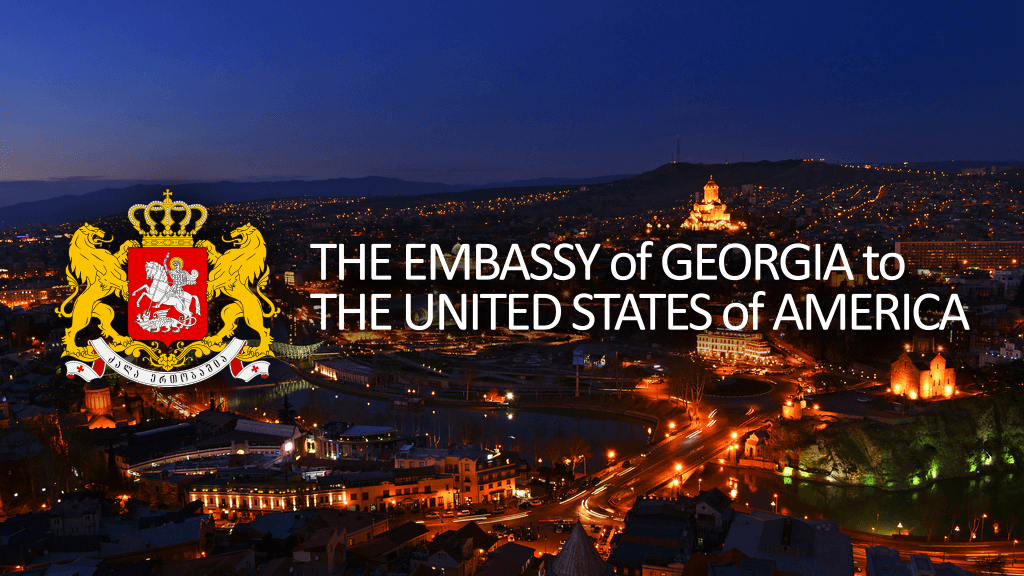The International Monetary Fund (IMF) has dramatically increased its forecast for Georgian growth from 3.2% to 9% for this year as “expected negative effects of the war in Ukraine have not materialized so far”. James John, leader of the IMF team, based the huge growth revision on a faster-than-expected recovery of tourism, a surge in inbound money transfers, and immigration-related flows that have helped strengthen the external position and sustain domestic demand.
Georgian Prime Minister Irakli Garibashvili reiterated the importance of peaceful reintegration with the Russian-occupied Abkhazia and Tskhinvali (South Ossetia) regions of Georgia in comments marking the 29th anniversary of the fall of Sokhumi in the 1992-1993 conflict in the north-western region.
The Caspian Policy Center (CPC) held the third annual Caspian Business Forum in New York with the support of the embassies of Azerbaijan, Georgia, Kazakhstan, Turkey, Uzbekistan, and the Organization of Turkic States. Lasha Darsalia, First Deputy Minister of Foreign Affairs of Georgia, was among those present who discussed the U.S. partnership with the Caspian region and potential business opportunities to expand cooperation. “The challenges caused by the global pandemic made us effectively respond to the shock in private sectors and provide opportunities to businesses, such as development programs offered by the Georgian government,” said Deputy Minister Darsalia.
Harvard University’s Davis Center for Russian and Eurasian Studies hosted a lecture last week on the history and politics of Georgian wine. Senior Fellow for the Central Asia-Caucasus Institute and Georgia-America Business Council President Mamuka Tsereteli joined Moderator Stephen Jones to discuss how Georgia’s 8,000-year wine tradition is woven together with the country’s culture, politics, and economics.

